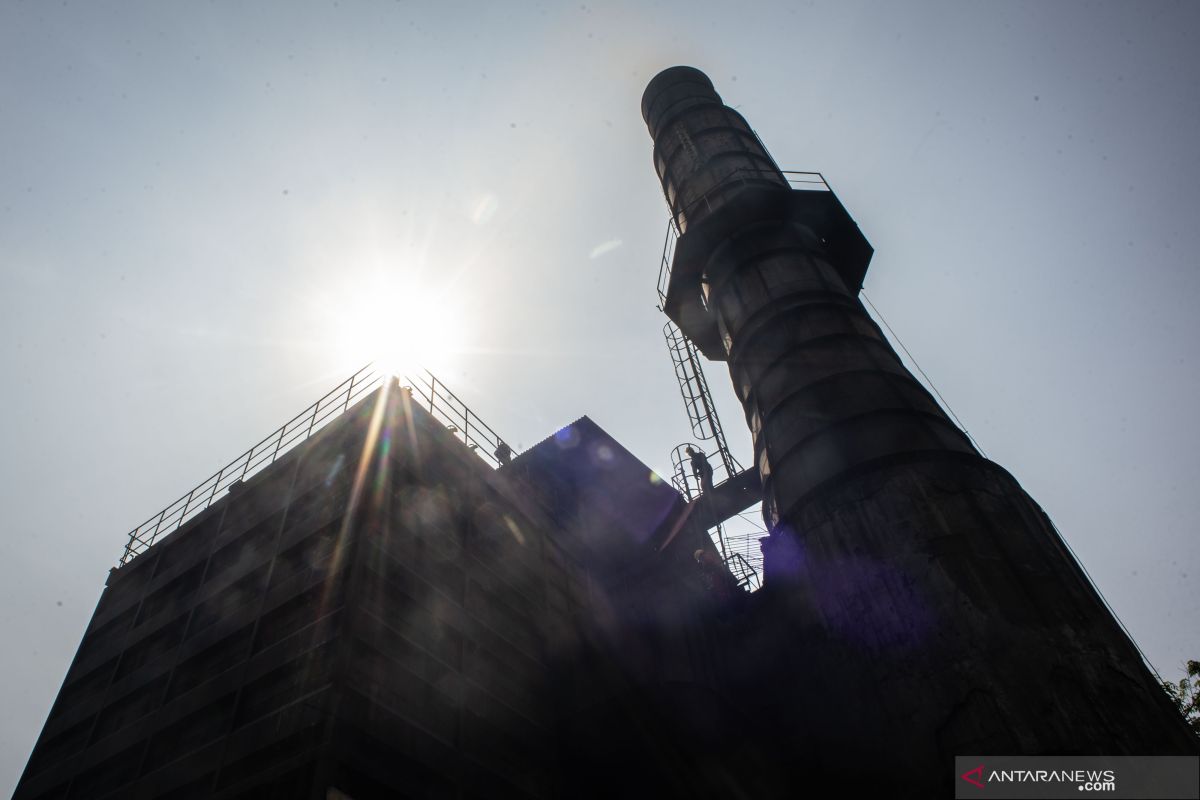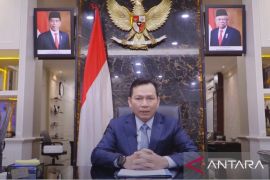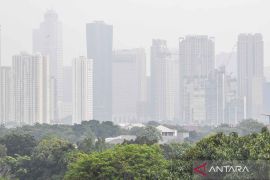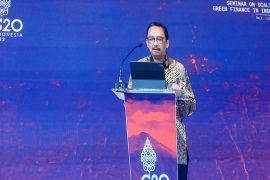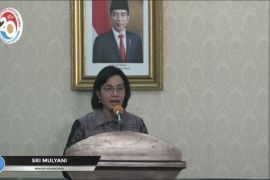"The carbon tax was created to generate revenue and provide businesses with an alternative way to contribute in efforts to achieve net zero emissions (NZE)," he explained during an online seminar on Friday.
The government has provided an opportunity for businesses to seek carbon credits on their own, he said. However, if they do not want to buy carbon credits, they can pay carbon tax.
"The carbon tax is a way (to reduce emissions), but it is not the only option," he added.
The carbon tax is one of the instruments prepared by the government to achieve the Nationally Determined Contributions (NDCs) by 2030 and NZE by 2060.
In the latest NDC document, Indonesia is targeting a 31.89-percent reduction in emissions through its own efforts, and 43.20 percent with international support by 2030.
The carbon tax regulation is contained in the Tax Harmonization Law (UU HPP) and targets all businesses that produce carbon emissions.
Business entities have two options if their business operations emit more carbon than the standard for their sector: paying carbon tax or looking for carbon converters in the carbon market.
Indonesia has the potential to lead the carbon market by absorbing an estimated 25 billion tons of carbon through its 125 million hectares of tropical forests, the third-largest sink in the world.
For this reason, the government is encouraging regions to protect their forest resources.
The government has also issued the Ecological Fiscal Transfer (EFT) policy, under which incentives are provided to regions that can protect the natural environment well, including forests.
Related news: Carbon tax becomes instrument to achieve NDC target, NZE: Nazara
Related news: Indonesia's carbon credit export potential reaches Rp2.6 trillion
Translator: Imamatul S, Kenzu
Editor: Anton Santoso
Copyright © ANTARA 2023
